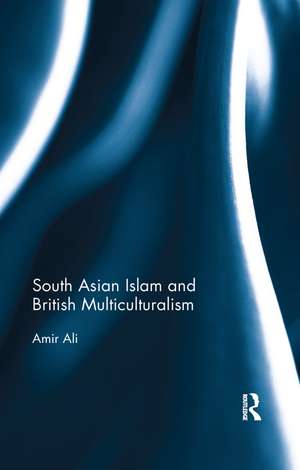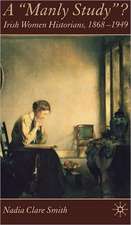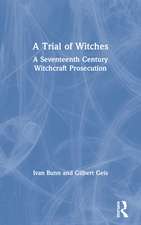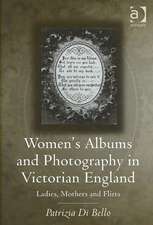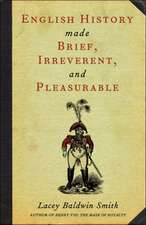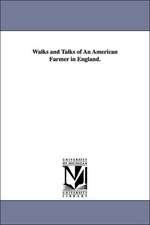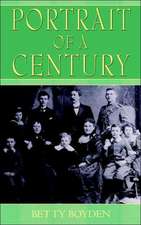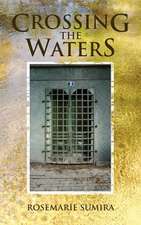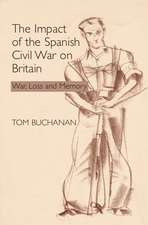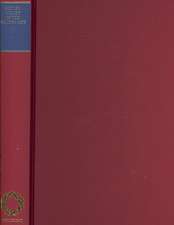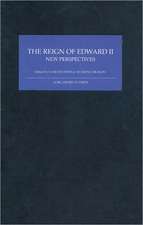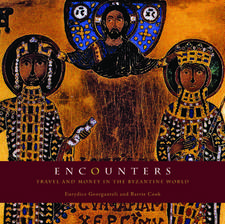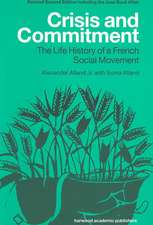South Asian Islam and British Multiculturalism
Autor Amir Alien Limba Engleză Paperback – 25 apr 2019
| Toate formatele și edițiile | Preț | Express |
|---|---|---|
| Paperback (1) | 416.22 lei 6-8 săpt. | |
| Taylor & Francis – 25 apr 2019 | 416.22 lei 6-8 săpt. | |
| Hardback (1) | 1105.24 lei 6-8 săpt. | |
| Taylor & Francis – 20 apr 2016 | 1105.24 lei 6-8 săpt. |
Preț: 416.22 lei
Nou
Puncte Express: 624
Preț estimativ în valută:
79.65€ • 82.29$ • 66.29£
79.65€ • 82.29$ • 66.29£
Carte tipărită la comandă
Livrare economică 25 martie-08 aprilie
Preluare comenzi: 021 569.72.76
Specificații
ISBN-13: 9780367177126
ISBN-10: 0367177129
Pagini: 170
Dimensiuni: 138 x 216 x 9 mm
Greutate: 0.45 kg
Ediția:1
Editura: Taylor & Francis
Colecția Routledge India
Locul publicării:Oxford, United Kingdom
ISBN-10: 0367177129
Pagini: 170
Dimensiuni: 138 x 216 x 9 mm
Greutate: 0.45 kg
Ediția:1
Editura: Taylor & Francis
Colecția Routledge India
Locul publicării:Oxford, United Kingdom
Public țintă
PostgraduateCuprins
Acknowledgements. Introduction: Of Trenches and Multiculturalism 1. The Rise of Multicultural Citizenship and the Demise of Social Citizenship 2. Forward to the Enlightenment? Islam at home in the West? 3. The Colonial Dialectic of Difference and Similarity 4. Edmund Burke, Islam and the English Enlightenment 5. Rushdie Revisited: Reflections on The Satanic Verses Controversy and Its Long Shadow. Conclusion. Index
Notă biografică
Amir Ali is Assistant Professor at the Centre for Political Studies, Jawaharlal Nehru University, New Delhi, India. He teaches courses in political theory and has interests in multiculturalism, group rights and political Islam. Previously, he has taught at the Jamia Millia Islamia University, New Delhi, and was a Visiting Fellow at St Antony‘s College, University of Oxford, UK.
Descriere
This book analyses South Asian Islam‘s engagement with the West, and Britain in particular. It traces the roots of British multiculturalism to South Asia and the Deobandi school of Islam. The work shows how the pattern of interaction that initially emerged between the Deobandi Muslims and the colonial British state in late-19th century replicated itself in the British society in the second half of 20th century. It reflects upon Islam‘scompatibility with liberal democracy as well as explores how it contributed to its origins in the Enlightenment ethos. A nuanced, sensitive and topical study, the book will be essential to understanding the world in the light of contemporary world events.
